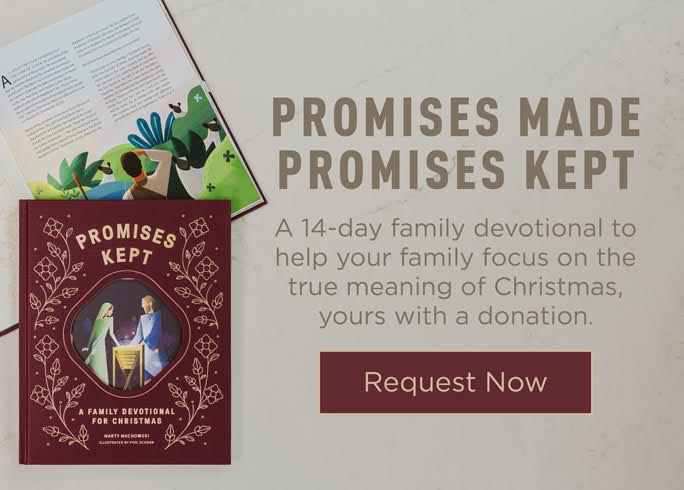
There followed him a great multitude of the people and of women who were mourning and lamenting for him. But turning to them Jesus said, “Daughters of Jerusalem, do not weep for me, but weep for yourselves and for your children.”
The shouts of “Crucify!” coming from the crowd had abated. Their mission had been successful: Pilate had sent Jesus to His execution. Now, in place of shouts for death, a new sound arose—the sound “of women who were mourning,” wailing, and weeping.
It would have been no surprise if the exhausted Jesus had simply glanced in the direction of those “lamenting for him” as He staggered toward the site of His crucifixion, noticing and perhaps acknowledging their sympathy. But He did more than that. He actually stopped, turned to them, and said, “Do not weep for me, but weep for yourselves and for your children.” In other words, He told them that their sympathy was misdirected—that instead of feeling pity for Him, they should consider the perilous state they were in.
Jesus’ words were not a stern rebuke, as if it was wrong for these women to mourn. Rather, He wanted them to see that there was something for which they needed to weep with a far greater concern—namely, the judgment that awaited Jerusalem if its inhabitants were to persist in their unbelief and rejection of Him.
Less than a week before, Jesus had spoken about the destruction of Jerusalem: “They [Israel’s enemies] will dash you to the ground, you and the children within your walls. They will not leave one stone on another, because you did not recognize the time of God’s coming to you” (Luke 19:44, NIV). These women recognized enough to extend their sympathy toward the buffeted and broken body of Jesus. They recognized that this was a sorry sight, a travesty and perversion of justice. But they did not yet recognize the time of God’s coming to them. And those who do not recognize that in Jesus God has come to keep His promises and hold out salvation from His judgment will be left to face that judgment. For Jerusalem, a prequel of that final judgment would come when the city was occupied by a Roman army in AD 70, its citizens killed, and its temple razed to the ground.
Now as then, Jesus is not calling us to mere sympathy. He doesn’t need it! Jesus is not on a cross today; He is seated at the right hand of the Father on high. Jesus’ words to these women then—and to us now—are a warning to those who would rather feel sorry for Him as a victim of injustice than face up to the fact that humanity is facing deserved and terrible judgment. We need to mourn humanity’s condition and come to Him in repentance and faith. Because on that final judgment day, there will be no refuge from Him. There is only refuge in Him.
As a thank-you from us for your gift, we'll send along this month's resource: Promises Made Promises Kept by Marty Machowski
Click here to learn more about Truth For Life
Devotional material is taken from the Truth For Life daily devotional by Alistair Begg, published by The Good Book Company, thegoodbook.com. Used by Truth For Life with permission. Copyright © 2021, The Good Book Company.
